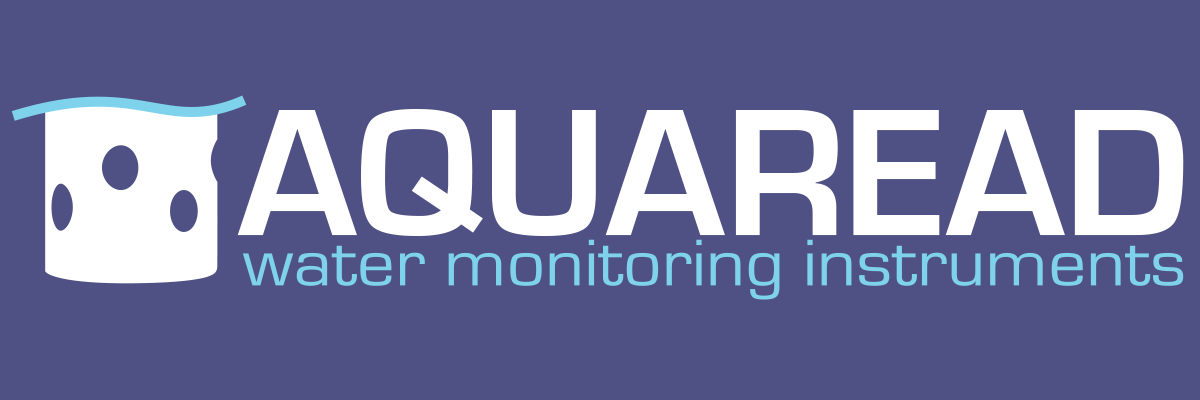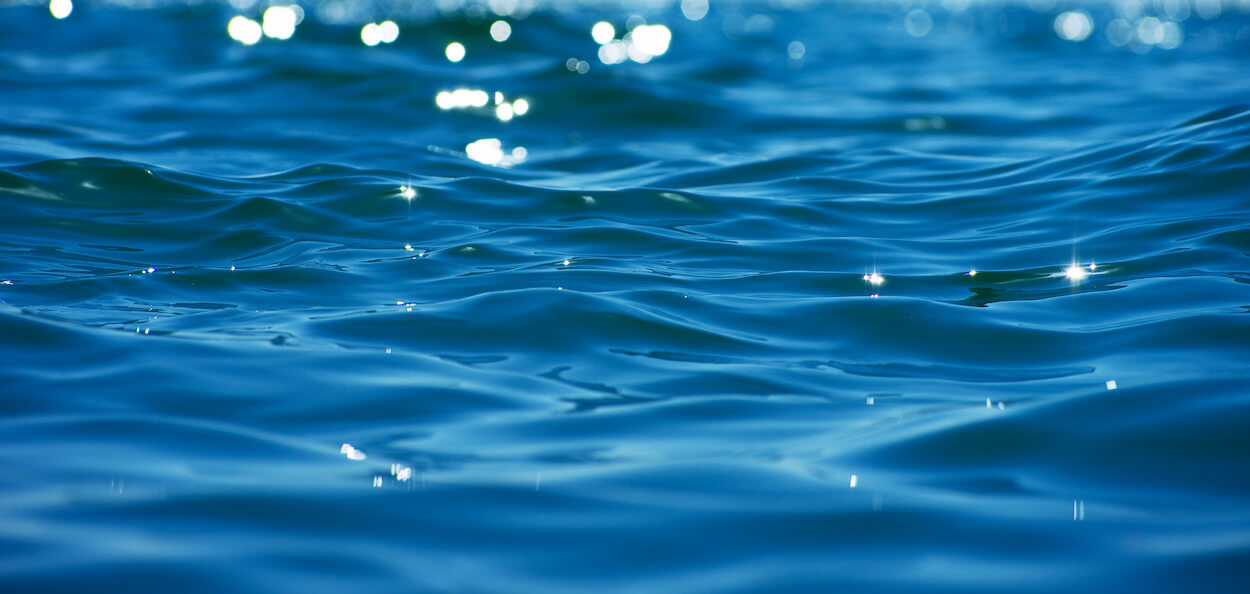Marine water quality is a growing problem, both in the UK and around the world. Untreated sewage, chemical contamination, and plastic waste have meant that the seas around the UK consistently rank among the worst coastal waters in the world.
Clean water is recognised as a pressing issue when it comes to drinking water and tap water. However, marine water quality is at least as important as water in the home. Marine water sustains biodiversity and ecosystems, as well as playing a vital role in human wellbeing.
Let’s look closer at why marine water quality is so important.
Why is marine water quality important?
Public health
On a warm day at the beach, many of us wouldn’t think twice before entering the sea. However, in some parts of the UK, you might want to reconsider that refreshing dip. Raw sewage in coastal Britain can expose bathers to a risk of gastroenteritis, skin infections, ear, nose and throat infections, e-coli, and hepatitis.
Public enjoyment and tourism
The long coast of the UK plays a key role in tourism, with visitors drawn to the beaches and extensive river systems. When this water is unsuitable for swimming, we risk losing a major sector of the tourism industry.
And regardless of tourists, how can the public relax and enjoy our marine waters with the present pollution problem?
Marine life
The delicate underwater ecosystem risks collapsing when chemical run-off contaminates the oceans. Increased levels of chemicals such as nitrogen and phosphorus can lead to toxic algal blooms, threatening the safety of marine life. Even minor damage to an ecosystem can have larger repercussions, as the harmonious balance becomes disturbed. Other pollutants, such as plastic, can also cause physical damage to wildlife.
Hidden health risks
Many of the risks involved with poor marine water can be tough to conceptualise. But invisible pollution from microplastics, chemicals, and sewage can end up in the human diet.
Why? Fish eat or absorb the pollutants, and we then eat the fish.
Furthermore, the surface water that makes up our drinking water becomes harder to clean to safe levels.
Impacts on marine water
A wide range of factors impact marine water quality, including sewage, agricultural run-off, and littering.
Sewage treatment should prevent the amount of pollution that reaches our marine water, but Combined Sewage Overflows (CSOs) mean untreated waste is still harming the sea. During periods of heavy rainfall, CSOs are designed to stop sewage from flooding homes. However, studies have shown that they’re frequently releasing untreated waste into our rivers and streams.
Chemical contamination is another pollutant, and often the result of agriculture. The chemicals in materials such as fertiliser enter local waterways after rainfall, and eventually find their way to the ocean.
Littering, particularly plastic waste, can also cause major issues. While larger plastics pose physical threats to wildlife, microplastics are an invisible danger. Broken down into minuscule pieces, microplastics are digested by tiny organisms, and make their way up the food chain.
What measures can be taken to improve marine water quality?
Improving marine water quality will mean change at a personal, organisational, and governmental level.
On a personal level, we must do what we can to reduce the numbers of plastics we use every day, and to better monitor our own contributions to pollution.
Organisations must urgently rethink their own sewage overflows, as well as reducing plastic and chemical usage. Agricultural and mining practices in particular need to be reassessed, to reduce the harm of chemical run-off. Water companies must adapt their practices to better suit the environment, rather than profit.
However, the most important work will need to be done at a governmental level. A newer, improved water testing regime is necessary to accurately assess the quality of marine water. New sewage legislation must be put in place to reduce and remove untreated sewage water from bathing areas. Government investment in better, safer agricultural practices are imperative, as are regulations holding major polluters to account.
Improved marine water quality is a necessity
Marine water quality is not a subject that we can afford to overlook. Major pollutants such as untreated sewage and chemical run-off can affect the health and safety of both humans and marine wildlife. Tackling marine water quality is a group effort – and one that needs to start immediately.
Marine water quality monitoring with Aquaread
Working towards cleaner marine water starts with monitoring. Without monitoring, it’s impossible to know where we stand and what we can do better – as well as what is working when we make changes.
In coastal applications, you need products that are strong enough to withstand harsh environments and that you can rely on time and again.
No one knows this better than us here at Aquaread, and it’s precisely why our marine water quality monitoring tools are made to be so robust and long-lasting. Take a look at our Marine Applications page to discover all the equipment you need to keep an eye on the quality of our beloved waters.

